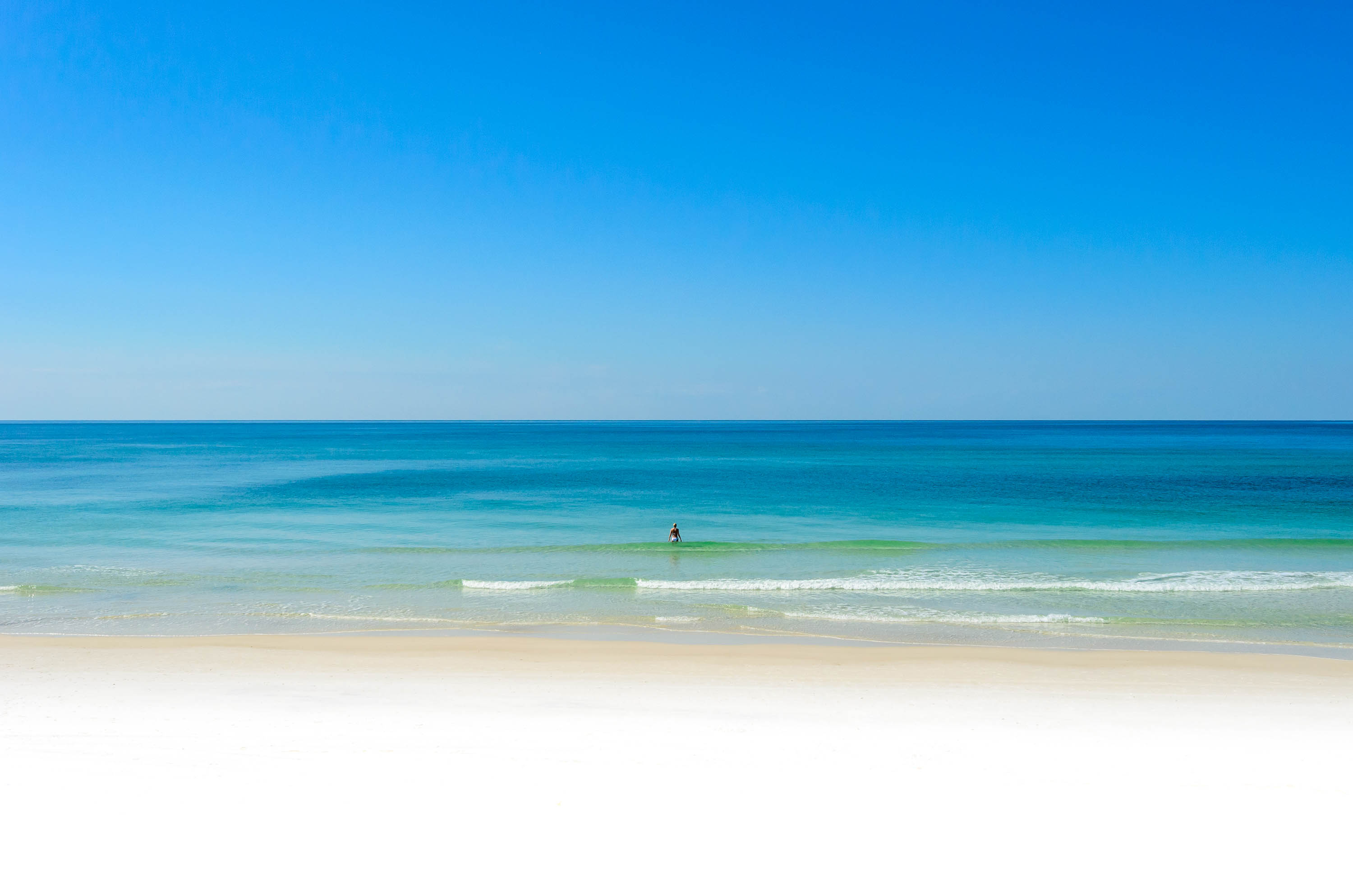Rental properties are in trouble. This isn't a vague feeling; it's a tangible trend. South walton and 30A communities, known for their previously accessible beaches, are now bearing the brunt of restrictive access policies. Everyone is feeling it.
The ripple effects of the implementation of these restrictive beach access rules—will likely reverberate throughout the local economy forever if not reversed. This isn't just about inconvenienced tourists; it's about a fundamental shift in the area's appeal.
Here's why this is so concerning:
Decreased Tourist Traffic:
People choose beach destinations for their accessibility. When that's compromised, they look elsewhere. This leads to fewer bookings, shorter stays, and a decline in overall tourism revenue.
Impact on Local Businesses:
Restaurants, shops, and other businesses that rely on tourist dollars will see a decline in sales. This can lead to job losses and even closures, creating a domino effect throughout the community.
Property Value Concerns:
The appeal of beachfront rentals directly influences property values. If rental income drops, so might the value of these properties, affecting homeowners and the local tax base.
Reputational Damage:
Word-of-mouth travels fast. Negative experiences with beach access can tarnish the area's reputation as a desirable vacation spot, making it harder to attract tourists in the future.
Community Division:
The people that own rentals, and the people that visit those rentals are going to have a growing resentment toward the local government. This can cause long term problems with community relations.
Essentially, this isn't a short-term blip. It's a fundamental change that could have long-lasting economic and social consequences. The short sightedness of the people that caused these changes is going to hurt the area for a long time.
